Home>Renovation & DIY>Home Renovation Guides>How To Get Help With Home Improvements For The Elderly?
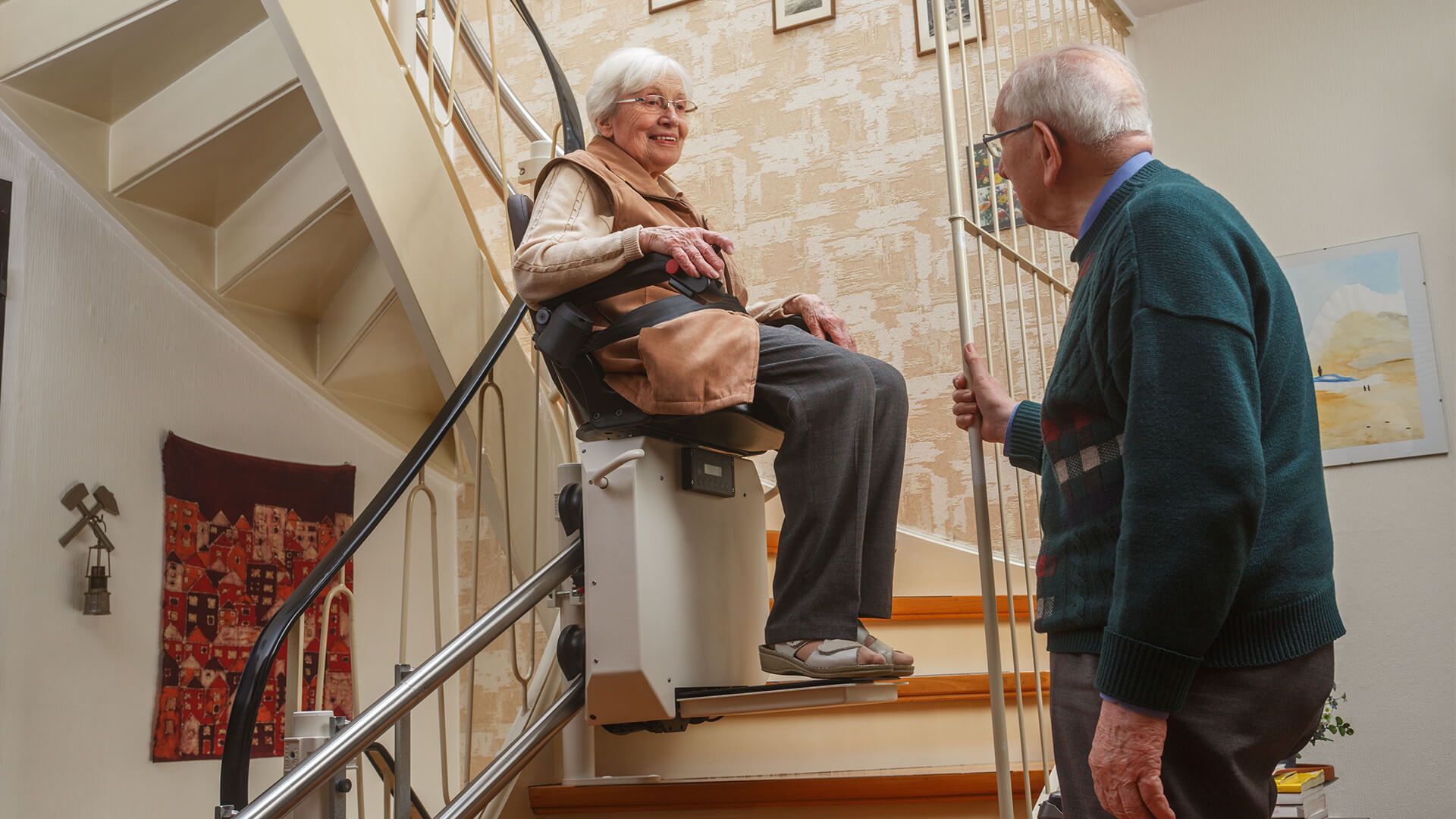

Home Renovation Guides
How To Get Help With Home Improvements For The Elderly?
Modified: January 9, 2024
Looking for guidance on home improvements for the elderly? Our comprehensive home renovation guides provide the help and support you need. Explore now!
(Many of the links in this article redirect to a specific reviewed product. Your purchase of these products through affiliate links helps to generate commission for Storables.com, at no extra cost. Learn more)
Introduction
Welcome to the comprehensive guide on obtaining assistance for home improvements tailored to the specific needs of elderly homeowners. As individuals age, maintaining a safe, comfortable, and accessible living environment becomes increasingly important. This guide is designed to provide valuable insights and resources for addressing the unique challenges faced by elderly homeowners when it comes to home improvements. Whether it’s enhancing accessibility, ensuring safety, or improving overall comfort, this article aims to offer practical solutions and support for those seeking assistance with home renovations.
As we delve into this topic, it’s essential to recognize the significance of creating living spaces that cater to the evolving needs of elderly individuals. By understanding the specific requirements of aging homeowners, we can explore various avenues through which they can receive help with home improvements. From government assistance programs to nonprofit organizations and local community resources, there are numerous options available to support elderly homeowners in maintaining and enhancing their living spaces.
Throughout this guide, we will navigate the landscape of home improvements for the elderly, shedding light on the diverse resources and support systems that exist to facilitate this process. Whether you’re an elderly homeowner seeking assistance or a caregiver looking to support your loved ones, this guide aims to equip you with the knowledge and tools necessary to navigate the world of home renovations for the elderly.
Key Takeaways:
- Elderly homeowners can get financial aid and technical support for home improvements through government programs, nonprofit organizations, and local community resources, ensuring safe, accessible, and comfortable living spaces.
- Professional contractors and specialists with expertise in aging-in-place renovations can help elderly homeowners modify their living spaces to meet their specific needs, promoting safety, accessibility, and comfort.
Understanding the Needs of Elderly Homeowners
As individuals age, their homes often require modifications to accommodate the physical and cognitive changes that come with aging. Understanding the specific needs of elderly homeowners is crucial in determining the most effective ways to improve their living spaces. Here are some key considerations when addressing the needs of elderly homeowners:
- Accessibility: One of the primary concerns for elderly homeowners is ensuring that their living spaces are easily accessible. This includes making modifications to accommodate mobility aids such as walkers or wheelchairs, installing grab bars in bathrooms, and creating step-free entrances.
- Safety: Safety is paramount for elderly individuals, and home improvements should focus on minimizing potential hazards. This may involve installing adequate lighting, removing tripping hazards, and ensuring that flooring is slip-resistant.
- Comfort: Creating a comfortable living environment is essential for the well-being of elderly homeowners. This can involve improving heating and cooling systems, enhancing insulation, and making adjustments to the layout of living spaces to promote ease of movement.
- Health Considerations: Many elderly individuals have specific health needs that should be taken into account when planning home improvements. This may include air quality considerations, such as installing air purifiers or addressing allergens, as well as creating spaces that promote relaxation and stress reduction.
- Maintaining Independence: Home improvements should aim to support the independence of elderly homeowners. This may involve adapting kitchen spaces for ease of use, installing smart home technologies for convenience, and creating environments that foster autonomy and self-sufficiency.
By understanding these needs, it becomes evident that home improvements for elderly homeowners extend far beyond mere aesthetic enhancements. Instead, they are essential measures aimed at promoting safety, comfort, and independence, ultimately contributing to an improved quality of life for elderly individuals.
Government Assistance Programs
Government assistance programs play a vital role in providing support for elderly homeowners in need of home improvements. These programs are designed to offer financial aid, resources, and expertise to facilitate necessary renovations and modifications. Here are some key government assistance programs that cater to the needs of elderly homeowners:
- HUD Home Improvement Loans: The U.S. Department of Housing and Urban Development (HUD) offers Title I Property Improvement Loans for the purpose of financing home improvements. These loans are available for both homeowners and renters, and they can be used to make necessary modifications to enhance accessibility and safety for elderly individuals.
- USDA Rural Repair and Rehabilitation Grants: The U.S. Department of Agriculture (USDA) provides grants and loans to elderly homeowners in rural areas for home repairs and improvements. This program specifically targets low-income homeowners who require assistance with essential home modifications.
- VA Home Improvement and Structural Alteration (HISA) Grant: The Department of Veterans Affairs offers the HISA grant to eligible veterans with service-connected disabilities. This grant provides financial support for home improvements and structural alterations necessary for the continuation of treatment or for disability access to the home.
- Energy Assistance Programs: Various state and federal energy assistance programs provide support to elderly homeowners for improving energy efficiency in their homes. These programs offer financial assistance, weatherization services, and energy-efficient upgrades to reduce utility costs and create more comfortable living environments.
These government assistance programs are invaluable resources for elderly homeowners seeking help with home improvements. By leveraging these programs, individuals can access the financial support and technical expertise necessary to make essential modifications to their homes, ultimately enhancing safety, accessibility, and overall quality of life.
Nonprofit Organizations Offering Help
Nonprofit organizations play a significant role in providing assistance and resources to elderly homeowners in need of home improvements. These organizations are dedicated to supporting vulnerable populations and often collaborate with volunteers, professionals, and community partners to facilitate essential renovations and modifications. Here are some notable nonprofit organizations offering help to elderly homeowners:
- Rebuilding Together: Rebuilding Together is a national nonprofit organization that focuses on providing critical home repairs, accessibility modifications, and energy-efficient upgrades to low-income homeowners, including elderly individuals. Through the support of volunteers and corporate partners, Rebuilding Together addresses the unique needs of elderly homeowners to ensure safe and healthy living conditions.
- Habitat for Humanity: Habitat for Humanity is renowned for its efforts in building and renovating homes for families in need. The organization also offers critical home repair programs aimed at assisting elderly homeowners with essential modifications to their homes, such as accessibility improvements, weatherization, and safety upgrades.
- Meals on Wheels America: While primarily known for its meal delivery services, Meals on Wheels America also provides home modification assistance to elderly individuals, ensuring that their living spaces are safe and accessible. The organization’s focus on supporting aging individuals extends beyond nutrition to encompass overall well-being within the home environment.
- Local Community Development Organizations: Many local community development organizations and nonprofits offer programs specifically tailored to the needs of elderly homeowners. These initiatives may include home repair and modification services, accessibility improvements, and partnerships with local contractors and volunteers to address the unique challenges faced by aging individuals.
Nonprofit organizations serve as invaluable allies for elderly homeowners seeking help with home improvements. By leveraging the expertise and resources offered by these organizations, elderly individuals can access essential support to maintain safe, comfortable, and accessible living environments, ultimately enhancing their quality of life and well-being.
Contact local non-profit organizations, such as Rebuilding Together or Habitat for Humanity, that offer assistance with home improvements for the elderly. They may provide free or low-cost services to help with safety and accessibility modifications.
Local Community Resources
Local community resources play a crucial role in providing assistance and support to elderly homeowners in need of home improvements. These resources encompass a wide range of services, programs, and partnerships aimed at addressing the specific needs of aging individuals within their communities. Here are some key local community resources that can offer help to elderly homeowners:
- Aging-in-Place Programs: Many communities offer aging-in-place programs designed to support elderly homeowners in maintaining their independence and safety within their homes. These programs may include home assessments, referrals to reputable contractors, and assistance with securing funding for essential home modifications.
- Senior Centers and Community Centers: Senior centers and community centers often serve as hubs for resources and support services tailored to the needs of elderly individuals. These facilities may offer workshops, informational sessions, and connections to local contractors and volunteers who can assist with home improvements.
- Local Volunteer Networks: Community-based volunteer networks can be valuable resources for elderly homeowners in need of assistance with home renovations. These networks often comprise individuals with various skills, including carpentry, plumbing, and electrical work, who are willing to donate their time and expertise to help aging homeowners make necessary modifications to their homes.
- Community Development Agencies: Many local governments and community development agencies administer programs aimed at improving housing conditions for elderly residents. These agencies may offer grants, low-interest loans, or technical assistance to support home improvements that enhance accessibility, safety, and overall livability for elderly homeowners.
By tapping into these local community resources, elderly homeowners can access a wealth of support and expertise to address their home improvement needs. These resources not only provide practical assistance but also foster a sense of community and connectedness, ultimately contributing to the well-being and quality of life of aging individuals within their local neighborhoods.
Read more: What Home Improvements Help Sell A House?
Hiring Professional Help
When it comes to home improvements for elderly homeowners, enlisting the services of professional contractors and specialists can provide invaluable expertise and ensure that renovations are carried out with precision and quality. Hiring professional help is essential for addressing the specific needs of aging individuals and creating living spaces that promote safety, accessibility, and comfort. Here are some key considerations when hiring professional help for home improvements:
- Accessibility Specialists: Engaging the services of accessibility specialists or certified aging-in-place specialists can ensure that home modifications are tailored to the unique needs of elderly homeowners. These professionals are adept at assessing living spaces and recommending modifications that enhance accessibility and accommodate mobility challenges.
- Contractors with Aging-in-Place Expertise: Look for contractors who have experience in remodeling homes to meet the needs of aging individuals. Contractors with expertise in aging-in-place renovations can offer valuable insights and recommendations for creating safe and comfortable living environments for elderly homeowners.
- Home Modification Professionals: There are professionals who specialize in home modifications specifically geared towards elderly individuals. These professionals can assist with installing grab bars, ramps, stair lifts, and other essential modifications that promote independence and safety within the home.
- Interior Designers with a Focus on Accessibility: Interior designers who specialize in accessible design can contribute to creating aesthetically pleasing and functional living spaces for elderly homeowners. These professionals can offer guidance on selecting furniture, fixtures, and layout designs that prioritize accessibility and comfort.
When hiring professional help, it’s essential to communicate clearly about the specific needs and preferences of the elderly homeowner. This may involve conducting home assessments, discussing mobility challenges, and outlining priorities for home improvements. By collaborating with professionals who understand the unique requirements of aging individuals, elderly homeowners can ensure that their living spaces are thoughtfully and effectively modified to meet their evolving needs.
Conclusion
Obtaining help with home improvements for elderly homeowners is a multifaceted endeavor that encompasses a range of resources, programs, and professional expertise. As individuals age, the importance of creating safe, accessible, and comfortable living environments becomes increasingly evident, and it is essential to explore the diverse avenues through which elderly homeowners can receive support for essential renovations and modifications.
From government assistance programs that provide financial aid and technical resources to nonprofit organizations dedicated to serving vulnerable populations, there are numerous options available to assist elderly homeowners in improving their living spaces. Local community resources and volunteer networks further contribute to the support system, offering valuable connections to professionals and services tailored to the specific needs of aging individuals.
When seeking help with home improvements, it is crucial to understand the unique needs of elderly homeowners, encompassing accessibility, safety, comfort, health considerations, and the preservation of independence. By addressing these needs, whether through government programs, nonprofit initiatives, or professional assistance, elderly individuals can maintain their autonomy and well-being within their homes.
Ultimately, the collaboration of government agencies, nonprofit organizations, local communities, and professional experts is instrumental in ensuring that elderly homeowners receive the support they need to create living spaces that align with their evolving requirements. By leveraging these resources and expertise, elderly individuals can thrive in environments that promote safety, comfort, and independence, enhancing their overall quality of life.
This comprehensive guide aims to empower elderly homeowners and their caregivers with the knowledge and tools necessary to navigate the landscape of home improvements. By recognizing the significance of tailored support for aging individuals and embracing the available resources, we can collectively contribute to creating living spaces that foster a sense of security, well-being, and contentment for elderly homeowners.
Frequently Asked Questions about How To Get Help With Home Improvements For The Elderly?
Was this page helpful?
At Storables.com, we guarantee accurate and reliable information. Our content, validated by Expert Board Contributors, is crafted following stringent Editorial Policies. We're committed to providing you with well-researched, expert-backed insights for all your informational needs.
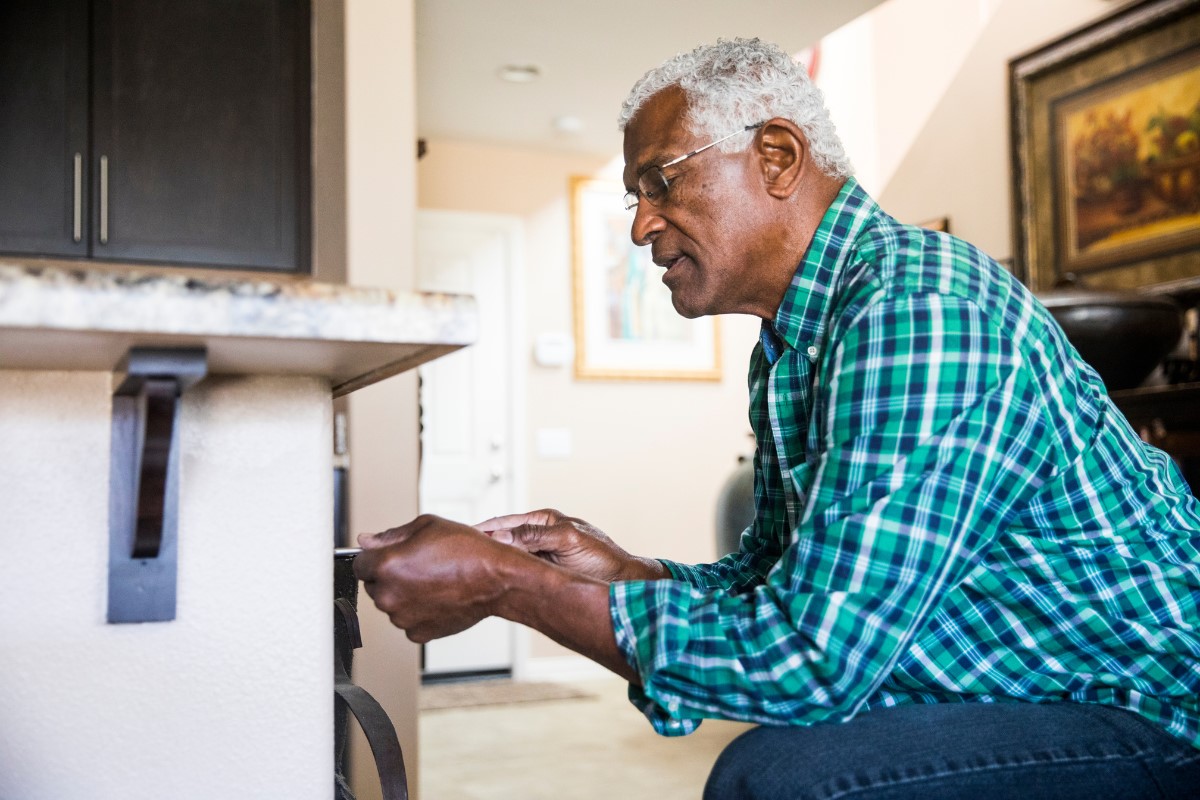
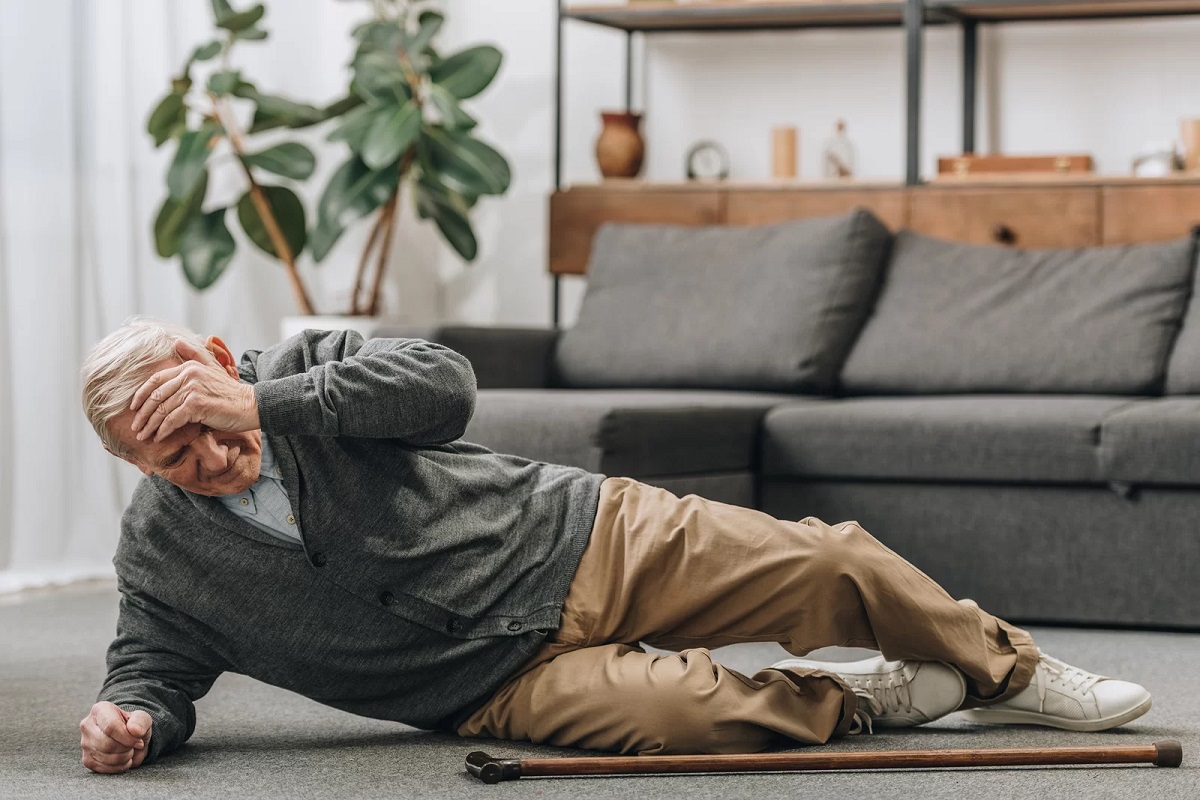
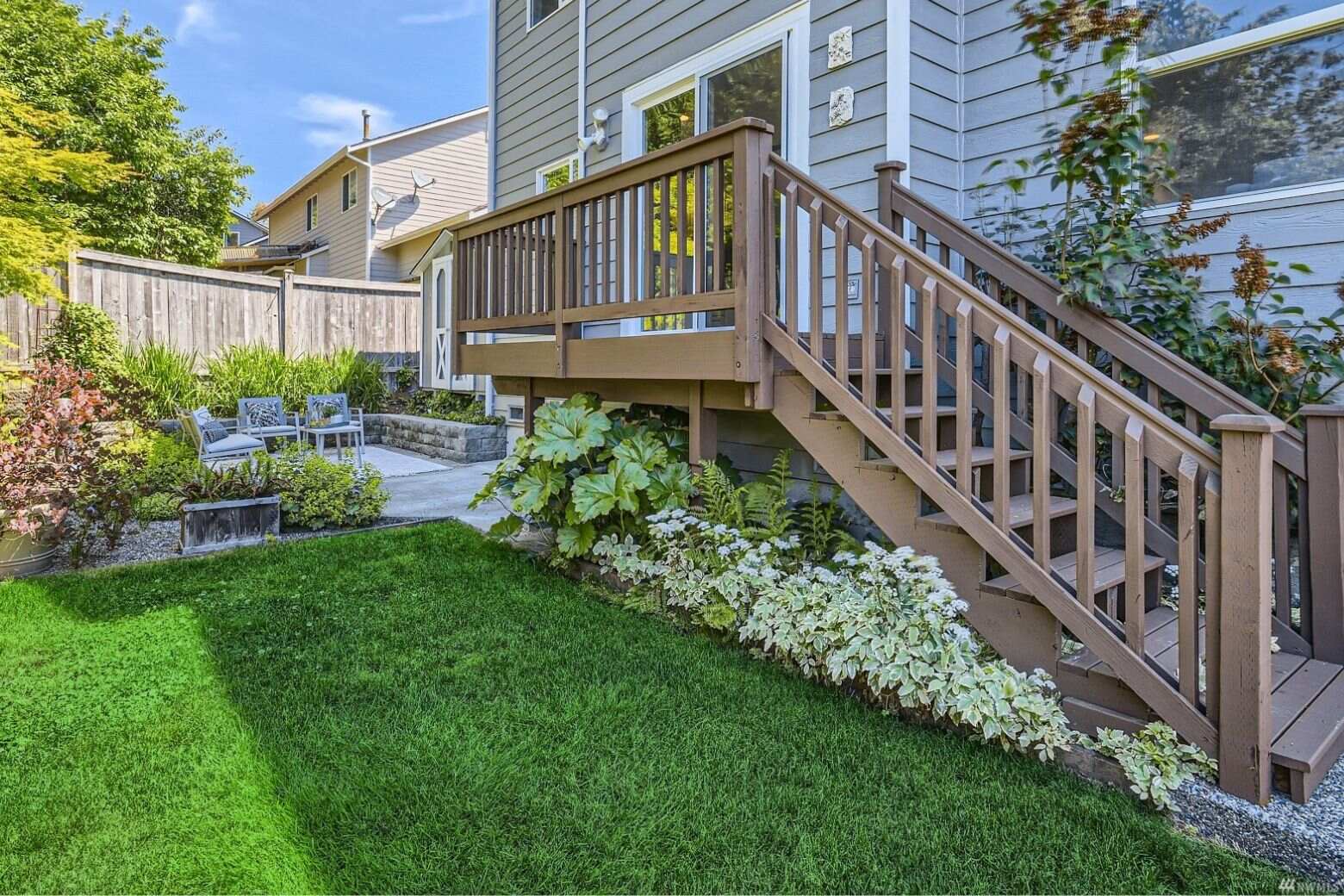
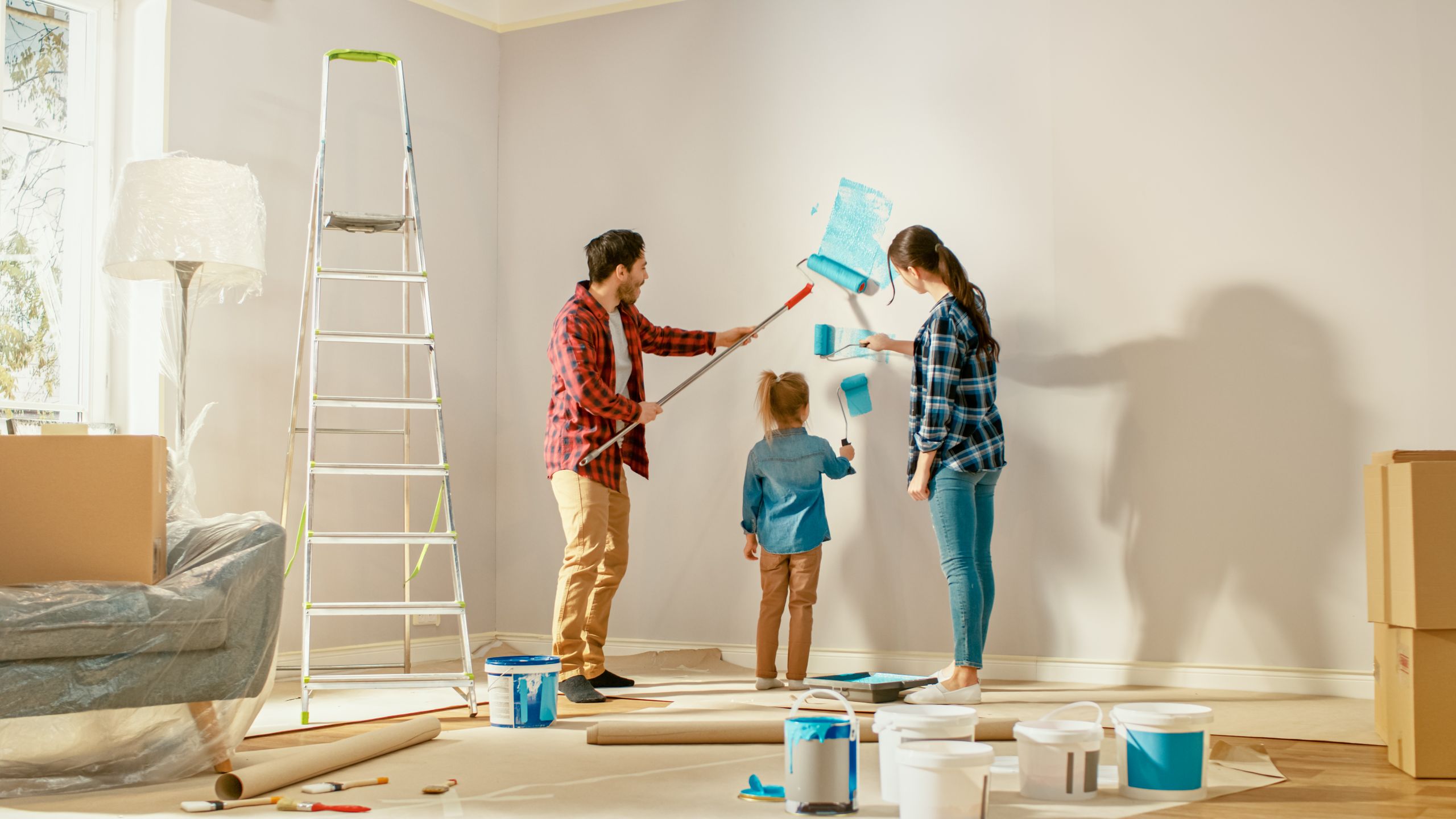

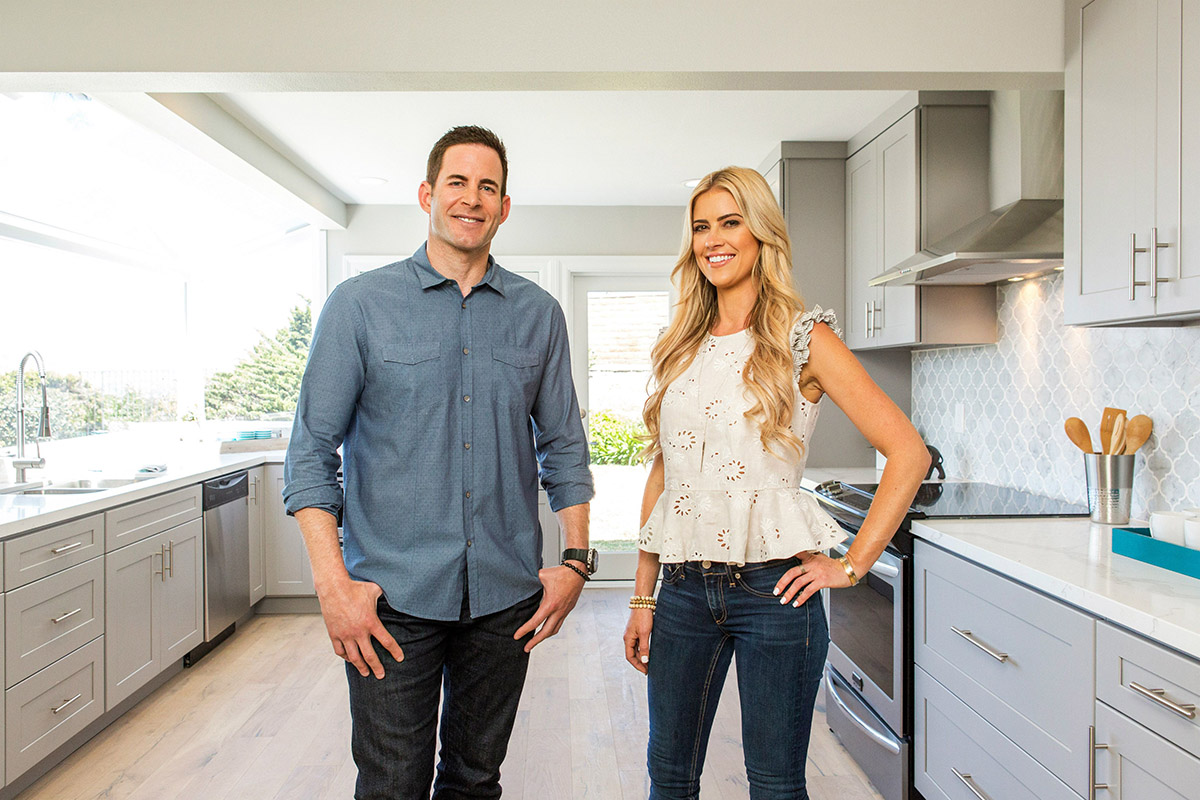
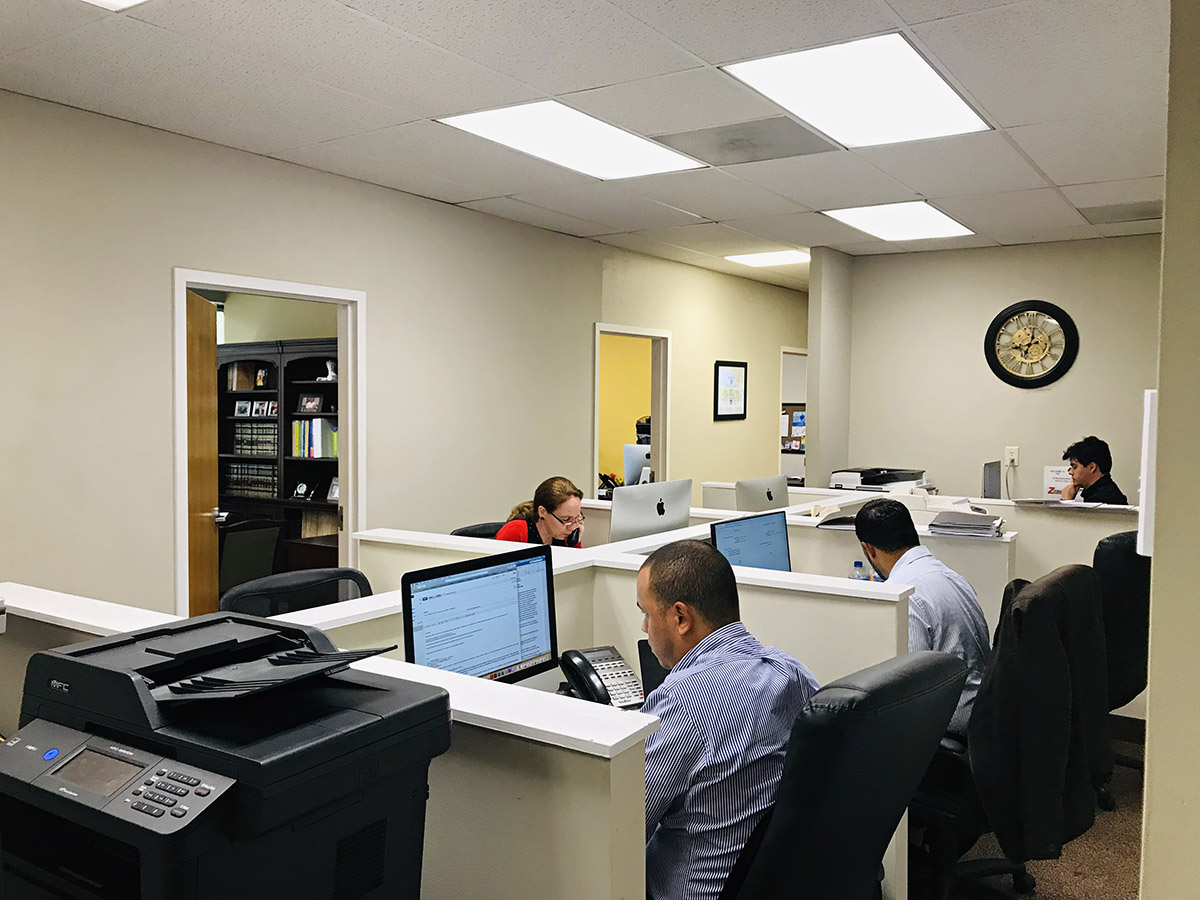
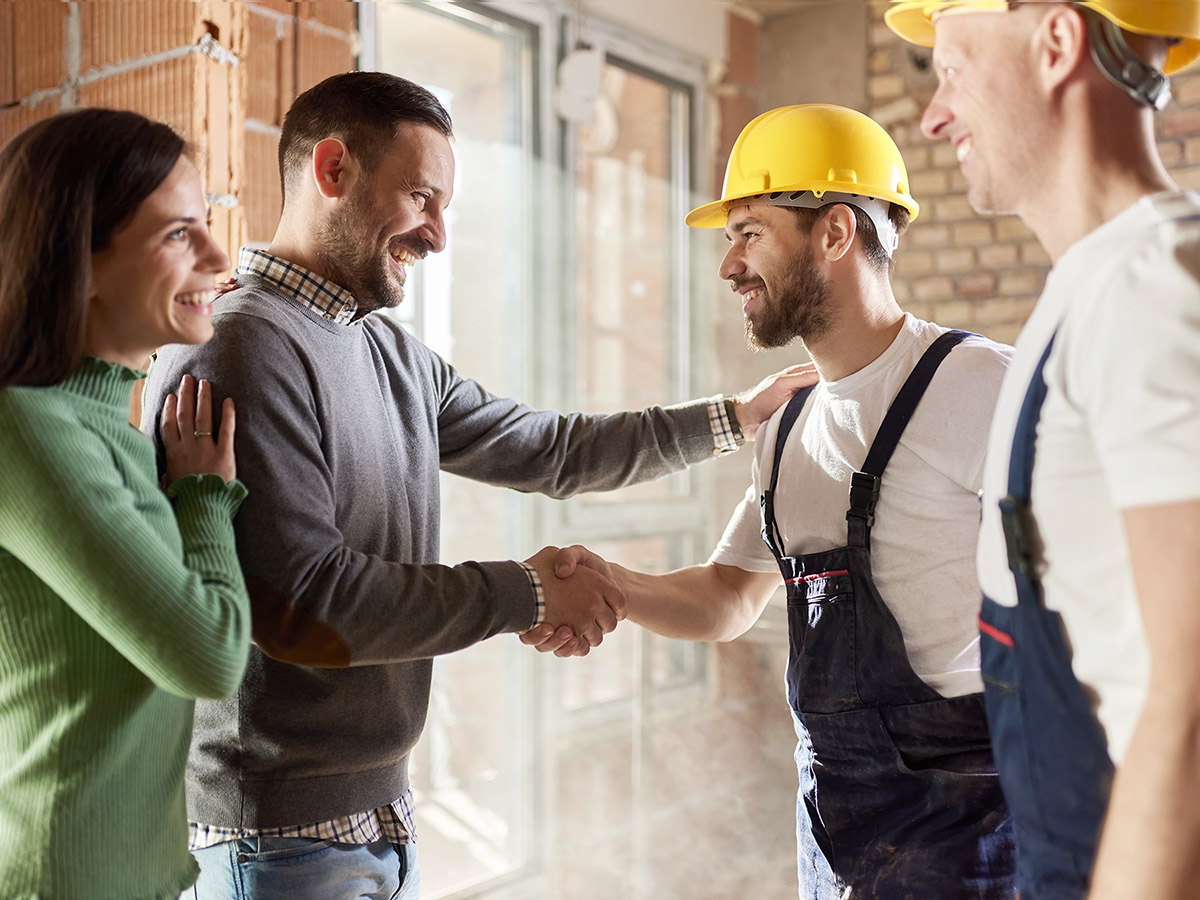
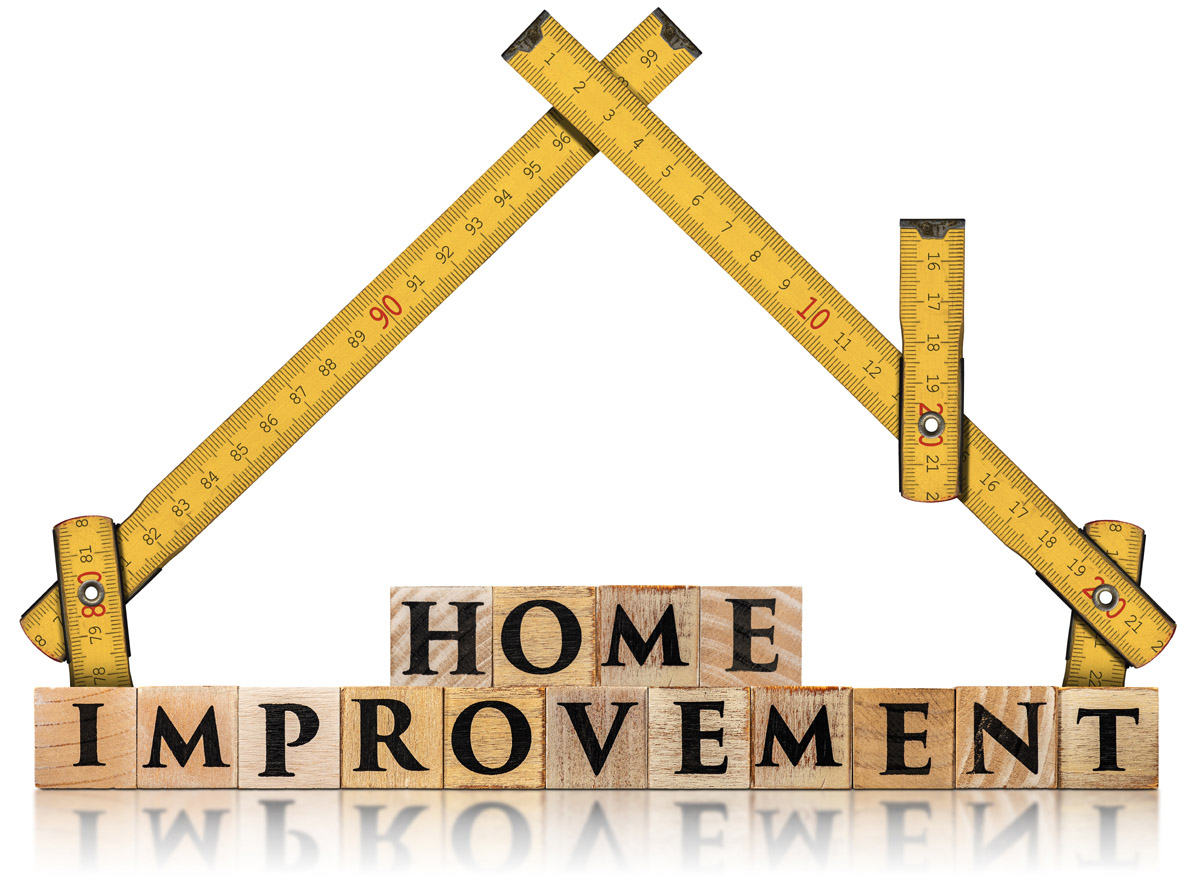


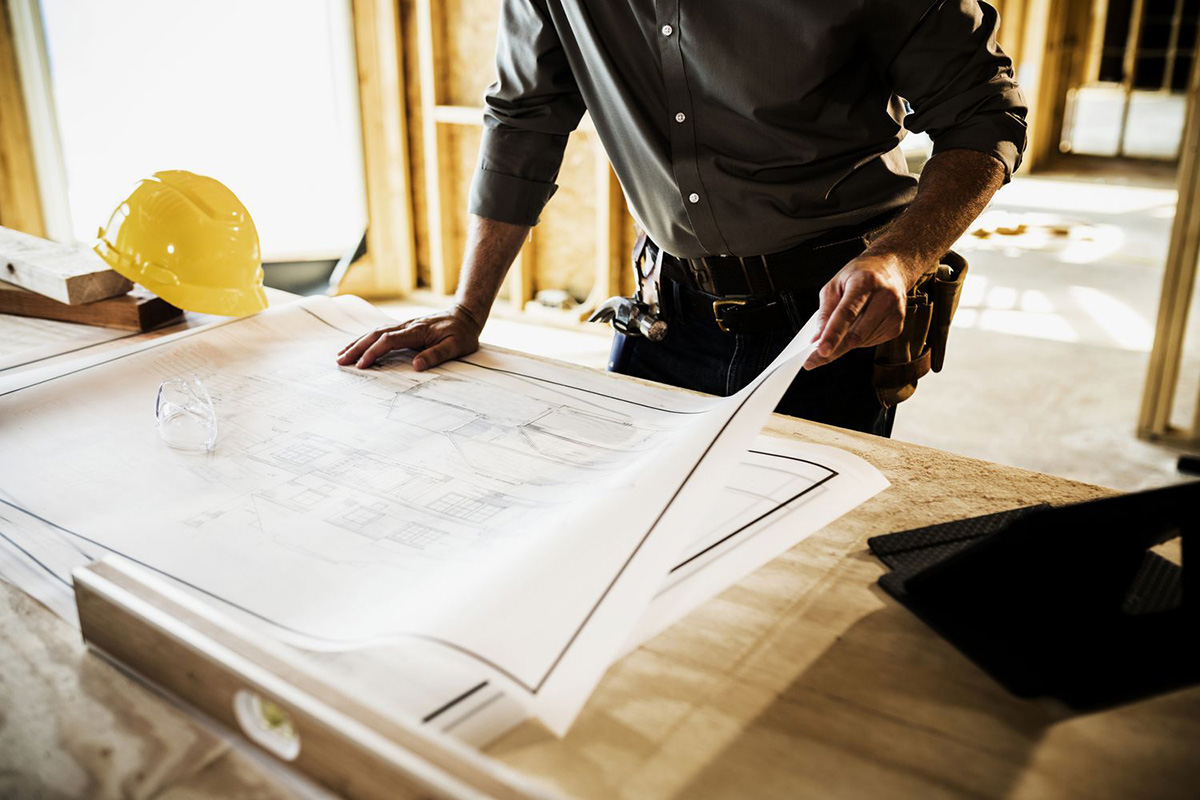
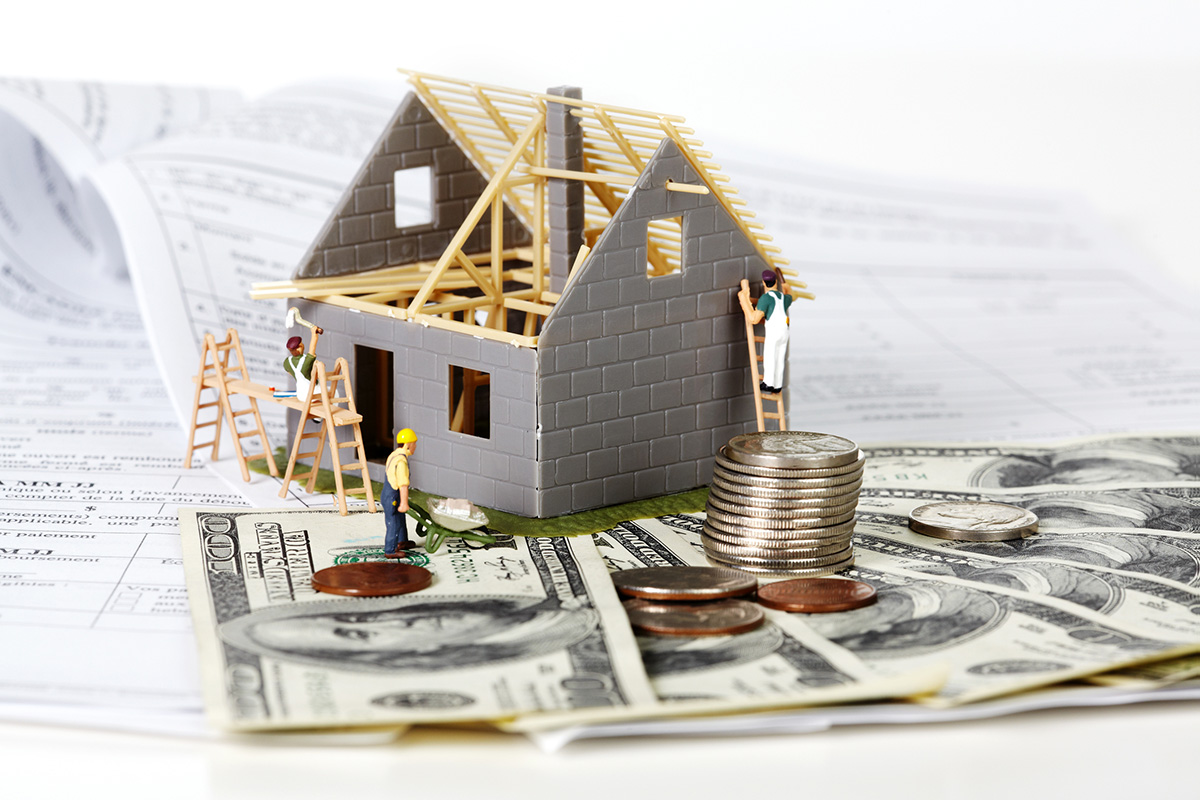
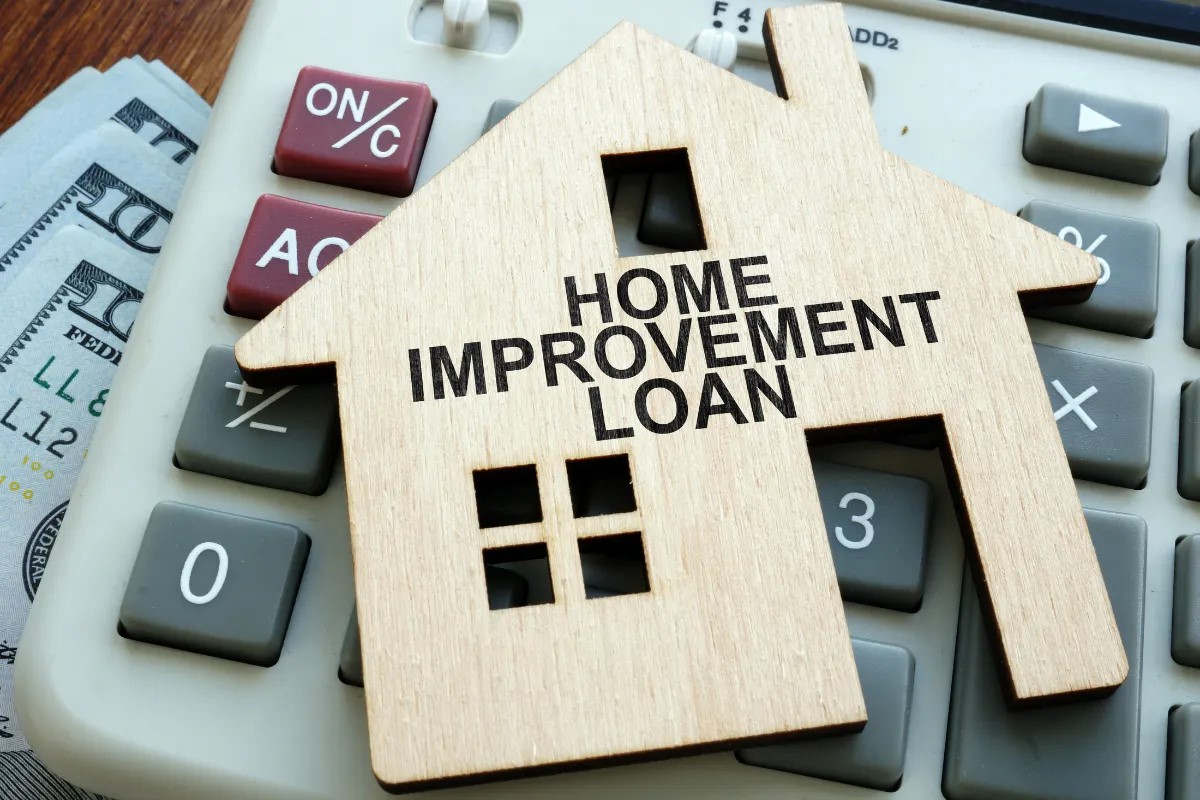

0 thoughts on “How To Get Help With Home Improvements For The Elderly?”